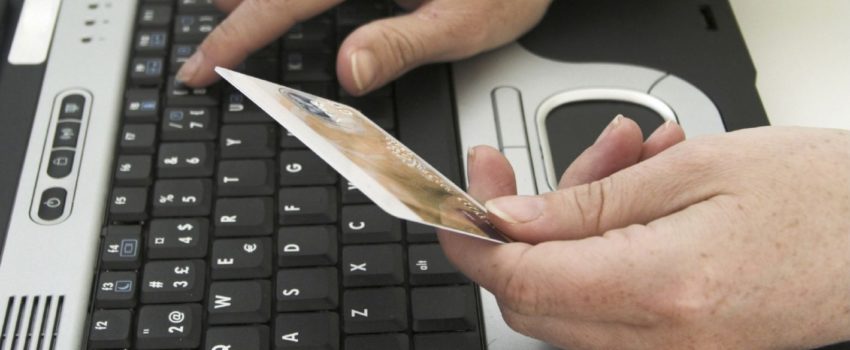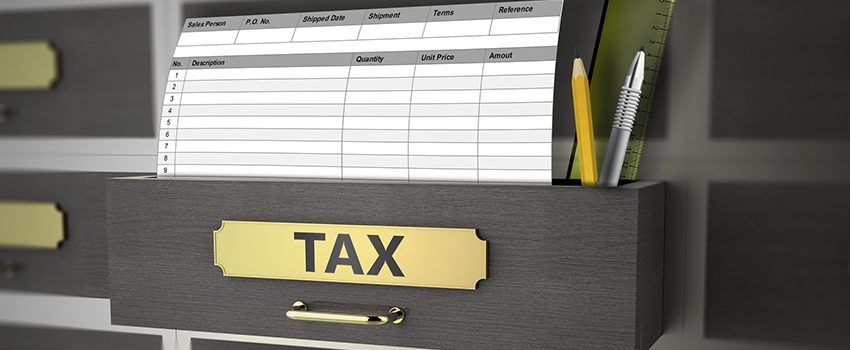As of February 1st, 2022, eligible businesses may apply for the upgraded South Carolina Agricultural Tax Exemption (SCATE) card. The SCATE card will cost $24 and will be good for three years. Applications must be submitted through the state’s online portal, scatecard.com.
Manufacturing Day 2017
Today is Manufacturing Day 2017. The first Friday of October of each year is set aside to celebrate manufacturers and to bring awareness to modern manufacturing.
Manufacturing drives our economy. Healthy, profitable manufacturers are needed in the United States to drive a thriving economy. Keeping costs down is one piece of a jigsaw puzzle that contributes to the bottom line success of a manufacturer.
Manufacturing Workshop: Trending Sales Tax Topics for Manufacturers
I recently had the opportunity to attend the Institute for Professionals in Taxation’s 2017 Midwest Manufacturing Tax Workshop. The two-day workshop was held at the Sheraton Hotel in Ann Arbor, Michigan. Here are a few of my key takeaways:
- Expect there to be an uptick of merger and acquisition activity soon for manufacturers. The nationwide volume of mergers & acquisitions declined in the latter half of 2016 amid political uncertainty. Partially due to this lack of activity, cash balances are now sitting extremely high and this high liquidity is expected to result in a large uptick in mergers and acquisitions as 2017 progresses. Sales & use tax professionals should pay close attention to any M&A activity at their company due to the potential sales tax consequences of the merger or acquisition itself, as well as understanding the sales tax liabilities of the company being acquired (including nexus implications).
6 Reasons Costly Tax Mistakes Occur with P-Card Purchases and How to Avoid the Mistakes
Many manufacturers implement P-Card programs to allow assigned employees to purchase goods and services without having to request the purchases through traditional purchasing processes like purchase requisitions and purchase orders. P-Card programs reduce purchasing time as well as administrative costs.
When implementing P-Card programs, guidelines are usually established to ensure the success of the program. Guidelines often include spending limit amounts, an outline of employees authorized to purchase goods and services with a P-Card, measures to prevent fraud, and other important rules to ensure the success of the program.
The Forgotten Raw Material
Raw materials are purchased free from sales tax, because they are incorporated into the manufactured product for sale. EVERYONE. KNOWS. THAT. Tax is rarely overpaid on obvious and properly coded raw material purchases.
However, materials can occasionally become a part of the manufactured product for sale when they are not an obvious incorporation into the finished product and even if they are not coded to a raw material account. These oddball, hard to classify items most often get coded to supply or consumable types of accounts. These are the forgotten raw materials. The problem with forgotten raw materials is that sales or use tax is often erroneously overpaid on their purchase. If a material is incorporated into the final product in some way, shape, or form the purchase will most likely qualify for exemption from sales and use tax in your state, regardless of its general ledger account classification.
Automating Doesn’t Mean Forgetting
Many manufacturers aren’t very concerned about their sales & use tax compliance today. “Whether we pay sales tax on a purchase is all handled by our ERP system. It codes everything as either taxable or exempt and then we self-assess tax as needed” is a common refrain from many controllers. Oftentimes their claims are even reinforced by a clean sales tax bill from their last audit. “We got a nominal assessment on our last sales & use tax audit, so obviously our ERP system is making the correct decision most of the time” is a standard assumption.
Certainly, the automation of the sales tax decision process has made sales tax compliance a lot easier for manufacturers. Complying with sales tax laws has historically been overly burdensome for manufacturers, since in most states whether any given purchase is exempt depends on whether and how that purchase is used in the production process. Each state has different exemptions and even states with similar statutory exemptions have different ways of interpreting them. In the past, in order to make a correct tax decision each purchase had to be examined to verify whether it would qualify for exemption. However, today many manufacturers eschew that inefficient process by instead having the sales tax decision automated based on general ledger account, cost center or material group. The process is as simple as assigning each account or group as either taxable or exempt and then either submitting an exemption certificate for purchases coded to exempt accounts or self-assessing use tax if no tax was charged on a purchase coded to a taxable account. The “decision” of whether an item is taxable or exempt is now just an automated process.
‘Tis the Season to Buy American-Made
Tis the season – the hectic season! Tax professionals are busy with thoughts and actions to close a year, close audits, plan for 2017, update tax rates, procure and arrange for sales tax projects to hit the new year off running, and oh yeah – to shop for holiday presents for co-workers and loved ones.
Since VJI Views is a blog dedicated to the U.S. manufacturing community and particularly to tax issues and to the overall economic condition of the manufacturing community, I want to take this opportunity to wish everyone a festive holiday season, to have a compliant and pain-free sales and use tax environment in 2017 and to purchase “American made” when possible this season and all through 2017.
Auditors Have Feelings Too
No one likes to be audited. So, when a sales tax notice of audit arrives in the mail it should be no surprise that the news isn’t usually met with exaltations of joy. Most professionals are already busy enough at their jobs without having to spend time gathering documentation from years past, not to mention defending policy decisions that now may be just a vague memory.
The frustration caused by audits tends to fester over time and oftentimes the target the frustration is released on is the auditor themselves. Unfortunately, taking frustrations out on an auditor may just lead to the audit becoming that much more frustrating.
Georgia’s Direct Pay Dilemma – Should a Manufacturer Apply?
The Georgia Department of Revenue has amended sales and use tax Reg. Sec. 560-12-1-.16 that governs direct pay permits. Details of the changes are outlined in the Regulation. Here are a few highlights:
Permits must be applied for through the Georgia Tax Center online application process
All other direct payment permits will expire on December 31, 2016 and cannot be used to make tax free purchases
Direct pay permits applied for through the online application process will become effective on or after January 1, 2017 or the date issued whichever comes later.
Expand the Sales Tax Base or Increase the Sales Tax Rate? How Will You Vote?
Mississippi gets credit from most economic historians for imposing our nation’s first sales tax in 1930. Most other states followed over the next 30+ years. Today all but five states and the District of Columbia impose a sales tax. The NOMAD states – New Hampshire, Oregon, Montana, Alaska, and Delaware – do not impose a state sales tax.










